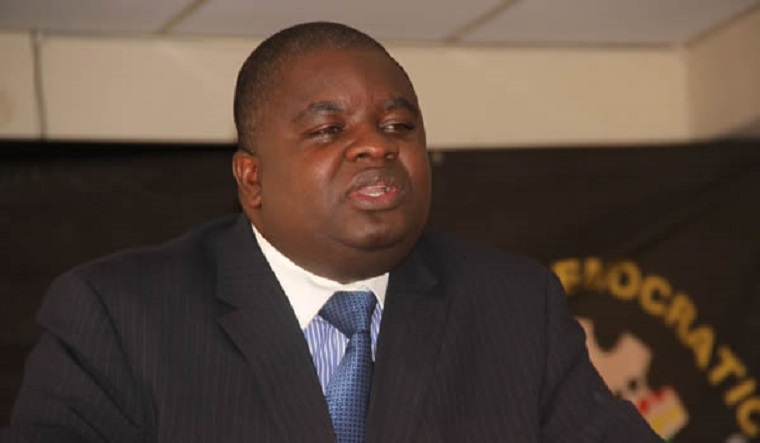I also note that there are a lot of developments taking place in the energy sector. This country is moving towards energy self sufficiency. If you listen to the SONA report, I think there are possibilities that we might be a net exporter of energy in the near distant future. This has taken the right direction if we achieve the 6 000 mega watts from our power stations. I thought I should highlight those two things which emerged from the SONA.
I also want to touch on the Global Compensation Deed. It is common cause that Government has finally realised the importance of compensating erstwhile commercial farmers for the developments that they made on the land. This is not compensating for the soil but but for the developments that were made on the land. This is what we have been saying all along as the opposition that land must not be compensated but the development must be compensated. We fought very hard during the Constitution making process to make sure that compensation is included in the new Constitution.
I am happy that the 2013 Constitution recognises this issue of compensation but one thing which compensation does now is sending a great message to the Government of Zimbabwe. A message of respecting rights, whether they are property rights as in this case with this Global Compensation Deed, labour rights, human rights or political rights. Those must be respected by the State. Rights are indivisible. Here, we are talking about property rights but let us extend these rights that must be protected across the divide. A right must be protected and upheld in all their dimensions.
Properties that were covered by BIPPAS had been appropriated. Land that was covered by international treaties had been appropriated but I am happy that this has now been recognised. My message is that whilst you are recognising the sanctity of property rights, let us also uphold all other rights in their entirety, including the right to demonstrate, organised by trade unions and to strike. Those are fundamental rights that should be upheld in this country. We cannot be seen as a country which does not recognise rights in their entirety.
Madam Speaker, I now come to the Transitional Stabilisation Programme and I must explain this very clear and explain what stabilisation means because a lot of people are saying things are now stable but we have to ensure it is a qualified stability. If I was an auditor I would issue a qualified opinion on the economic stability. Why am I saying we must qualify the stability that is often founded about? When we talk of macro-economic stability, we are looking at four things; budget deficit, inflation, GDP growth and the exchange rate.
Continued next page
(366 VIEWS)


